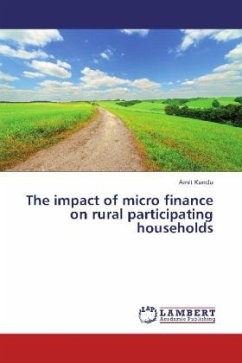For many European citizens, state and nation are not necessarily synonyms. In a Europe of strong regional sentiments, some even find it difficult to see the state as the most obvious unit of political representation. Against this backdrop, this book maps and examines the role regions play with regard to national government and the European Union, respectively. Does the European Union constitute an escape route for regions by offering an alternative political arena where they may act independently from the state? How do regions participate in European policy-making? And, what is it that determines whether or not regions manage to take direct part in the EU system? By constructing a broad quantitative measure of regional participation, this study makes it possible to analyze in a more rigorous and sophisticated manner than before what it is that determines regional participation in EU policy-making. Using OLS regression analysis, the author examines the effect of a series of explanatory variables on participation, finding that regional autonomy is the key determinant for political participation of regions in the EU.
Bitte wählen Sie Ihr Anliegen aus.
Rechnungen
Retourenschein anfordern
Bestellstatus
Storno








